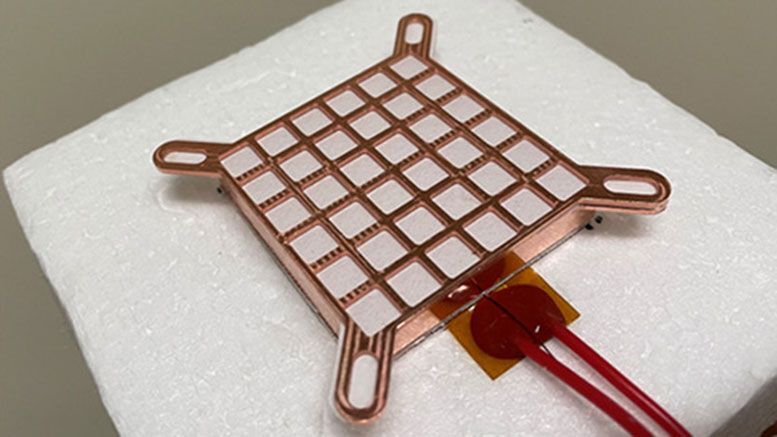- cross-posted to:
- [email protected]
- [email protected]
- cross-posted to:
- [email protected]
- [email protected]
Passive Salt Water Cooling Boosts CPU Performance by Almost 33%::A passive cooler using lithium bromide salt helped a test system deliver almost 33% better performance and stay cool for 10x longer, compared to alternatives.
And when it leaks, you’ll end up buying a new system.
Lithium Bromide is quite nasty for your health and your main concern is your computer if there’s a leak?
Maybe reevaluate your priorities?
Maybe don’t drink coolants? But yeah I get your point.
One of my morning rituals is to lick all of the delicious morning dew off of my PC components. I’m not about to give that up!
I mean with the amounts in this thing you’d need to eat a server farm to get a lethal dose, the lethal concentration is 1800mg/kg. But after the first few you probably wouldnt want to anymore, it looks like it was used to treat bipolar disorder in the early 20th century.
It’s called a server FARM. they wouldn’t name it that if you weren’t supposed to eat things.
You eat the data
deleted by creator
What else would they be comparing to?
Passive cooling will never bypass active cooling so the comparison would never be worthwhile.
If they’re touting it as a solution for high energy consumption by active cooling, this is a question that should and will be asked, though
That’s pretty neat! I’m not a chemistry expert by any stretch of the imagination, so I’m curious how those salts work. The article does an okay job at explaining it but I’d like more information because it’s super interesting!







